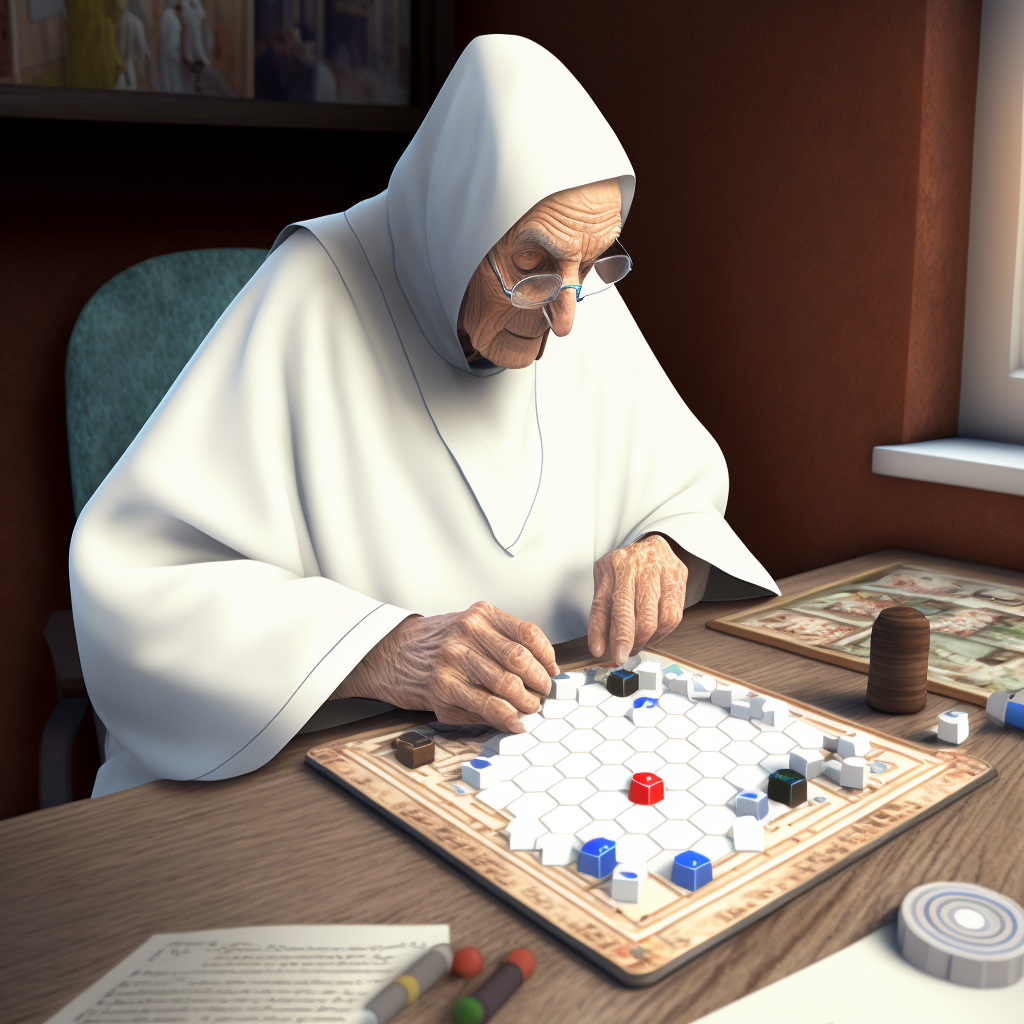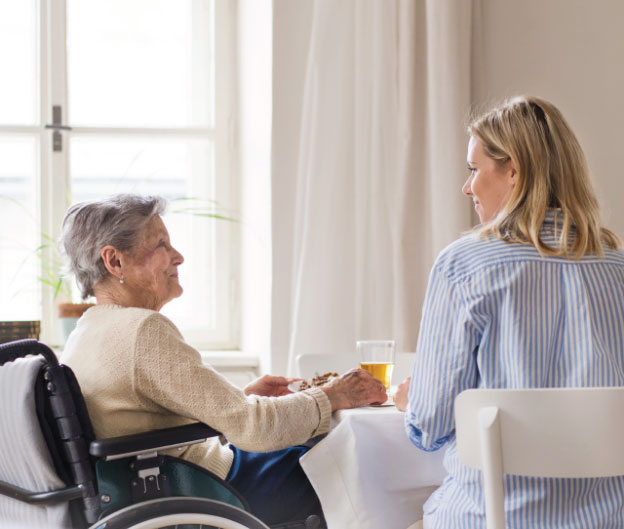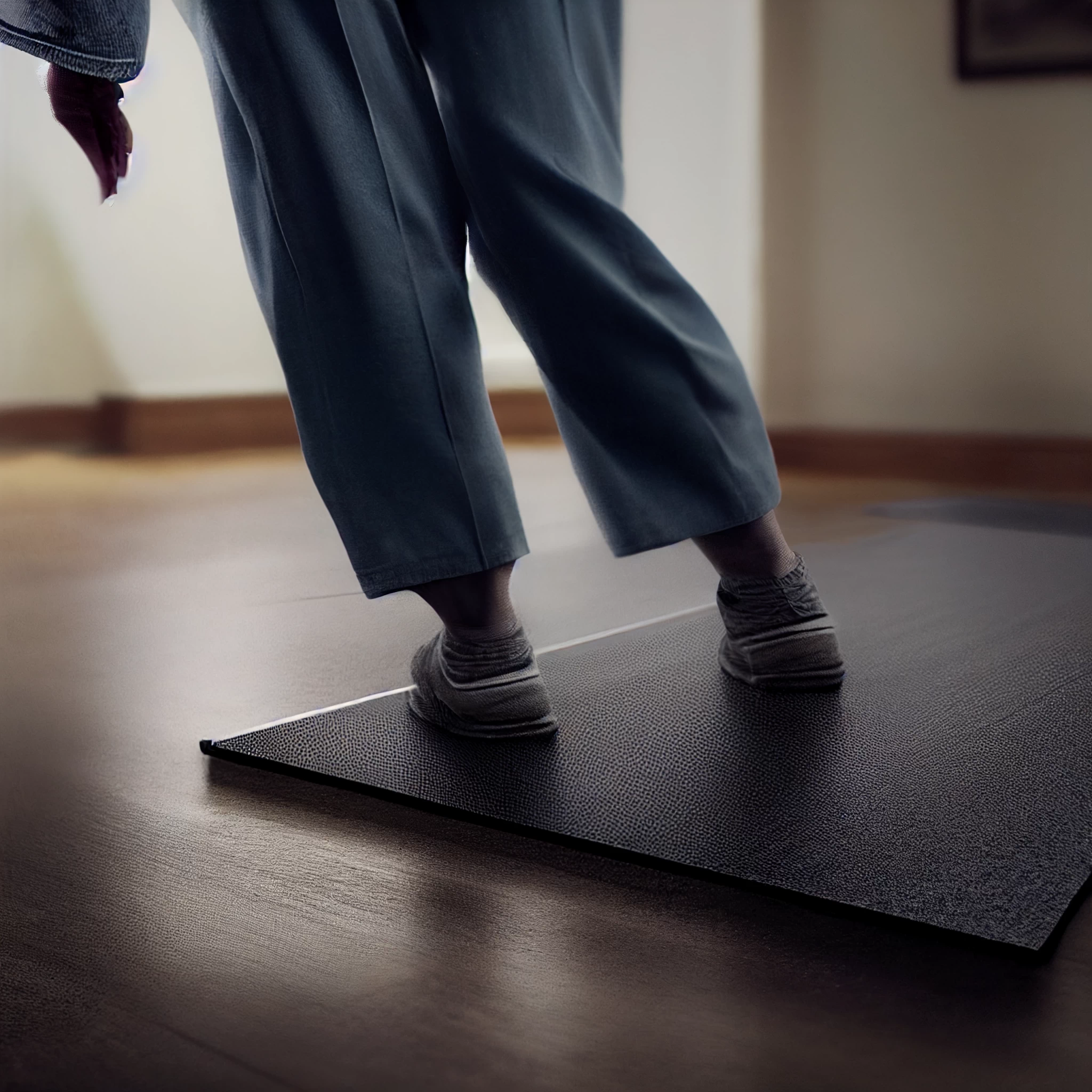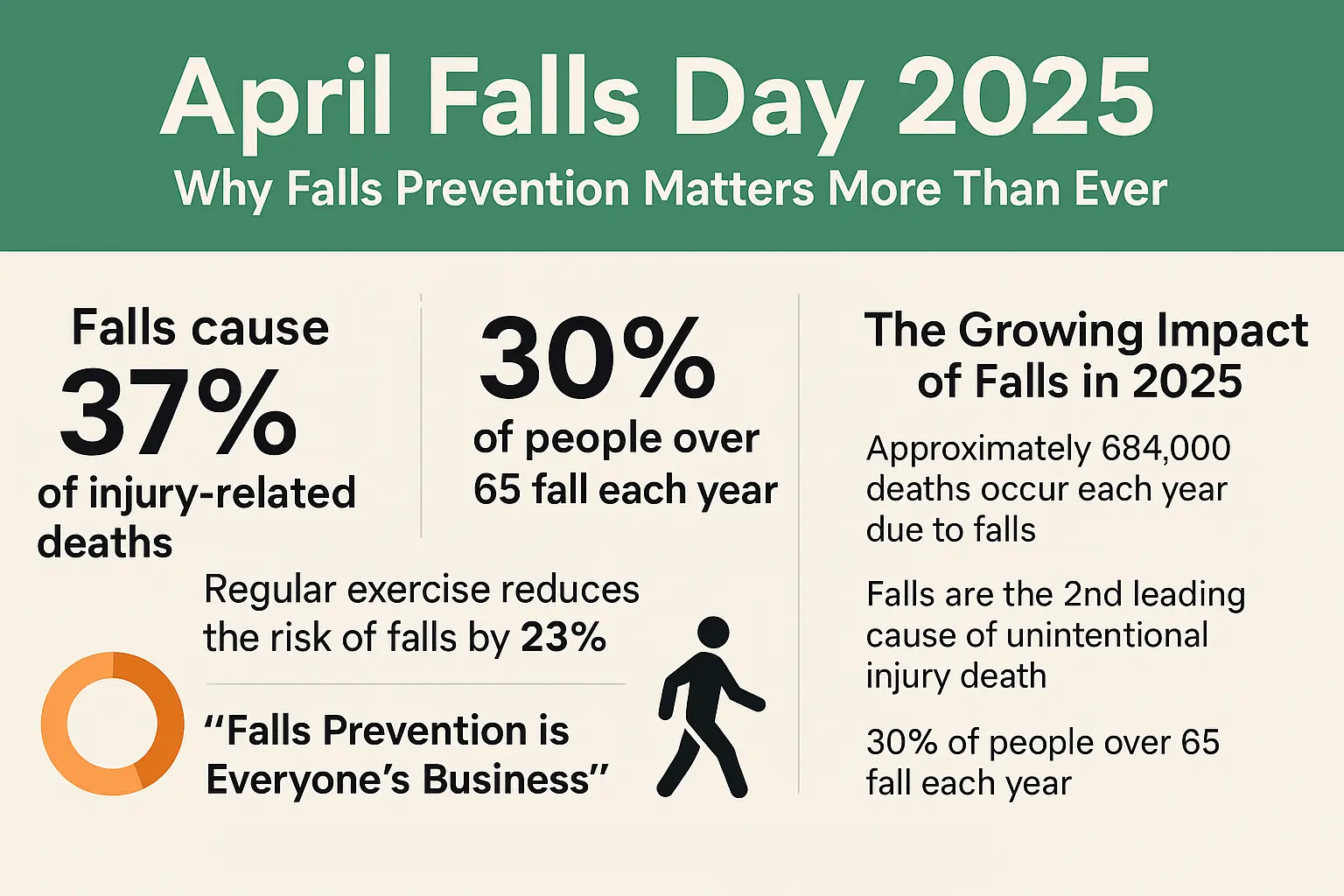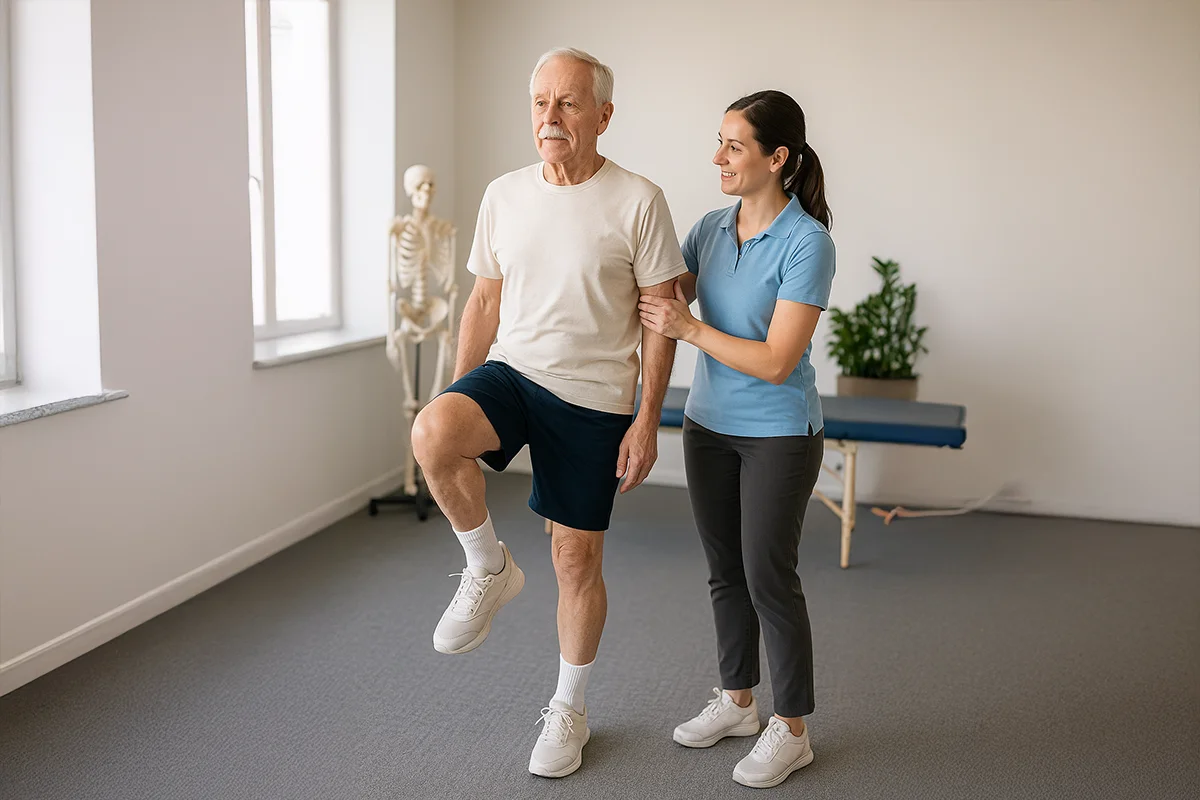Unlock the Joy of Living: Activities for Dementia Patients
It can be difficult to know what to do with a loved one who has dementia. After all, the condition can make it hard to enjoy the hobbies and activities they once did. But it’s important to remember that activities for dementia patients are one of the best ways to keep them engaged, entertained, and healthy.
In this blog article, we’ll cover the importance of activities for dementia patients, the different types of activities, games and how to keep dementia patients busy, as well as tips for engaging them in activities. We’ll also discuss social activities, cognitive activities, and physical activities that are suitable for dementia patients.
Introduction to Activities for People with Dementia
The purpose of activities for people with dementia is to keep them engaged, entertained, and to prevent boredom. It’s also important to keep them active and physically fit to maintain their health and well-being.
Dementia patient activities can also help slow down the progression of the disease. Research has shown that staying active can help improve cognitive functioning, reduce depression, and boost mood.
Benefits of Activities for Dementia Patients
The benefits of activities for patients with dementia are numerous. They can help keep them mentally and physically active, as well as reduce their anxiety and depression. They can also help them stay socially connected, which is important for those with dementia.
Activities can help reduce agitation, improve memory and communication, and even reduce the risk of falls. Studies have also shown that activities can help improve the overall quality of life for those with dementia.
Types of Activities for Dementia Patients
There are many types of activities for people with dementia. Some activities are designed to keep them mentally stimulated and engaged, while others are more physical.
Here are some of the different types of activities:
- Games: Games can help keep dementia patients engaged and entertained.
- Arts and Crafts: Arts and crafts are a great way to keep dementia patients busy.
- Music: Music can help dementia patients stay connected to their emotions and express themselves.
- Gardening: Gardening can be a relaxing and enjoyable activity for dementia patients.
- Exercise: Exercise can help dementia patients stay physically active and maintain their health.
- Social Activities: Social activities can help dementia patients stay connected to their community and help them form relationships.
Cognitive Activities and Games for Dementia Patients
Cognitive activities are activities that help dementia patients stay mentally stimulated and engaged. Cognitive activities can include anything from puzzles to word games. Here are some cognitive activities and games for dementia patients:
- Word games: Word games are a great way to keep dementia patients engaged and help them stay sharp.
- Puzzles: Puzzles can be a great way to keep dementia patients engaged and help them stay sharp.
- Memory games: Memory games can help dementia patients recall memories and help them stay sharp.
- Number games: Number games can help dementia patients stay sharp and can help them with math skills.
- Reading: Reading can help dementia patients stay engaged and help them recall memories.
- Art: Art can be a great way for dementia patients to express their creativity and stay engaged.
- Create a memory bag: Creating a memory bag with items that represent important memories and moments can help dementia patients recall memories and stay connected to their past.
- BINGO: BINGO is a great game to help dementia patients stay engaged and have fun.
It’s important to choose games and cognitive activities that are suitable for the person’s level of dementia. For example, a person with mild dementia may be able to play more complex games, while a person with more advanced dementia may need simpler games.
How to Keep Dementia Patients Busy
It can be difficult to keep dementia patients busy, especially if they have an advanced form of the condition. However, many activities can help them stay engaged and entertained. Here are some ideas on how to keep dementia patients busy:
- Give them simple tasks: Giving dementia patients simple tasks can help them stay engaged and prevent boredom. Examples of simple tasks include sorting objects, folding laundry, and watering plants.
- Play music: Music can be a great way to keep dementia patients engaged. Playing soothing music can help them relax, while upbeat music can help them stay energized.
- Read aloud: Reading aloud to dementia patients can help them stay engaged and can even help with memory recall.
- Spend time outdoors: Spending time outdoors can help dementia patients stay active and connected to nature. Simple activities like gardening, walking, and bird watching can be enjoyable for them.
- Work on projects: Working on projects can help dementia patients stay busy and productive. Projects that involve sorting and organizing items can help them stay engaged and can help them recall memories.
- Tablets and smartphones: Tablets and smartphones can be a great way to keep dementia patients engaged. There are many apps available that can help them with memory recall, puzzles, dedicated dementia applications and more.
Tips for Engaging Dementia Patients in Activities
When engaging dementia patients in activities, it’s important to keep a few tips in mind. Here are some tips for engaging dementia patients in activities:
- Be patient: It’s important to be patient when engaging dementia patients in activities. It can take time for them to understand what is being asked of them.
- Start slowly: It’s important to start slowly when engaging dementia patients in activities. Starting with simple activities can help them adjust and slowly build up to more complex activities.
- Encourage participation: Encouraging dementia patients to participate in activities can help them stay engaged and motivated.
- Be flexible: It’s important to be flexible when engaging dementia patients in activities. If an activity isn’t working, try something else.
- Use visuals: Using visuals can help dementia patients stay engaged and can help them understand the activity.
- Make it fun: Making activities enjoyable and fun can help dementia patients stay engaged.
Social Activities for Dementia Patients
Social activities are a great way to keep dementia patients engaged and connected to their community. Social activities can include anything from attending concerts, going for walks, or talking to friends. Here are some social activities for dementia patients:
- Going for walks: Going for walks can help dementia patients stay active and connected to the outdoors.
- Attending concerts: Attending concerts can be a great way for dementia patients to enjoy music and socialize with others.
- Talking to friends: Talking to friends can help dementia patients stay connected and can help them recall memories.
- Playing group games: Group games can be a fun and engaging way for dementia patients to stay connected to their community.
- Joining a support group: Joining a support group can help dementia patients stay connected and supported.
- Movie showings: designed to be accessible to individuals with dementia, as well as streaming plays that are broadcast live.
- Sensory gardens: Sensory gardens provide dementia patients with a peaceful environment to explore and engage with nature.
Physical Activities for Dementia Patients
Physical activities are important for dementia patients to stay active and maintain their health.
Here are some physical activities:
- Swimming: Swimming can be a great way for dementia patients to stay active and improve their physical health.
- Walking: Walking can be a great way for dementia patients to stay active and improve their physical health.
- Yoga: Yoga can help dementia patients stay active and improve their physical and mental well-being.
- Dancing: Dancing can be a great way for dementia patients to stay active and enjoy music.
- Gardening: Gardening can be a great way for dementia patients to stay active and connected to nature.
Provide an opportunity for expressing emotions
Numerous individuals find joy in listening to music or interacting with infants, kids, or animals. People often treasure the pleasant memories of past occurrences and revisiting them through old photos, keepsakes, and books can be immensely gratifying. If an individual’s reading capabilities have weakened, they can record audio tapes to suit their needs. It’s also a good idea to look for picture books and magazines related to the person’s hobbies.
It is essential to maintain a regular pattern or behaviour.
To assure that the activities are stable and fit the requirements of a person dealing with dementia, it is sensible to draft an activity-care plan when various people are caring for the person. Notably, activities have a considerable effect on managing varied behaviour. It is essential to be aware of what encourages and shifts a person’s attention when they are agitated or in distress. This will be especially useful for respite workers.
Avoid excessive stimulation
When planning activities, be mindful of the environment. For some individuals with dementia, being in a large group of people can be stressful. To help with this, try to minimize the amount of hustle and bustle as well as loud noises.
Stimulate the senses; provide a captivating experience
There are plenty of sensory activities that can be fun and engaging! For instance, a person might get a massage for their hands, neck, or feet. Brushing one’s hair can also be a great way to stimulate the senses. Other activities include inhaling the scent of fresh flowers or potpourri, using aromatic essential oils, touching various textures such as pet fur or different materials, visiting a herb farm, or going to a flower show. Additionally, rummaging through a box of items that the person has been interested in is also a great way to stimulate the senses.
Conclusion
Activities are essential for people with dementia to stay engaged, entertained, and healthy. Many types of activities are suitable for dementia patients, such as games, arts and crafts, music, gardening, exercise, and social activities. It’s important to choose activities that are suitable for the person’s level of dementia and to be patient and flexible when engaging them in activities.
Activities can help dementia patients stay mentally and physically active, reduce anxiety and depression, and improve their overall quality of life. With the right activities, dementia patients can stay engaged and enjoy life to the fullest.
Empower Your Loved One With the Safety They Deserve – See how a Safe-Life Personal Alarm can help.





